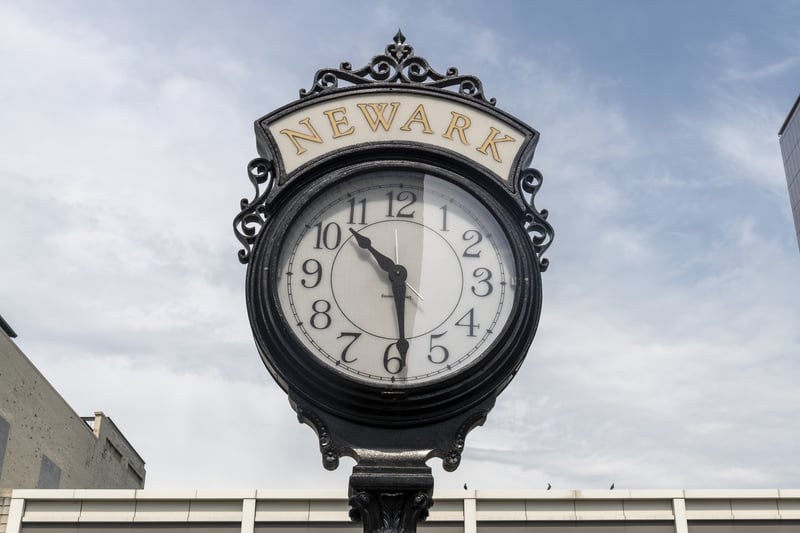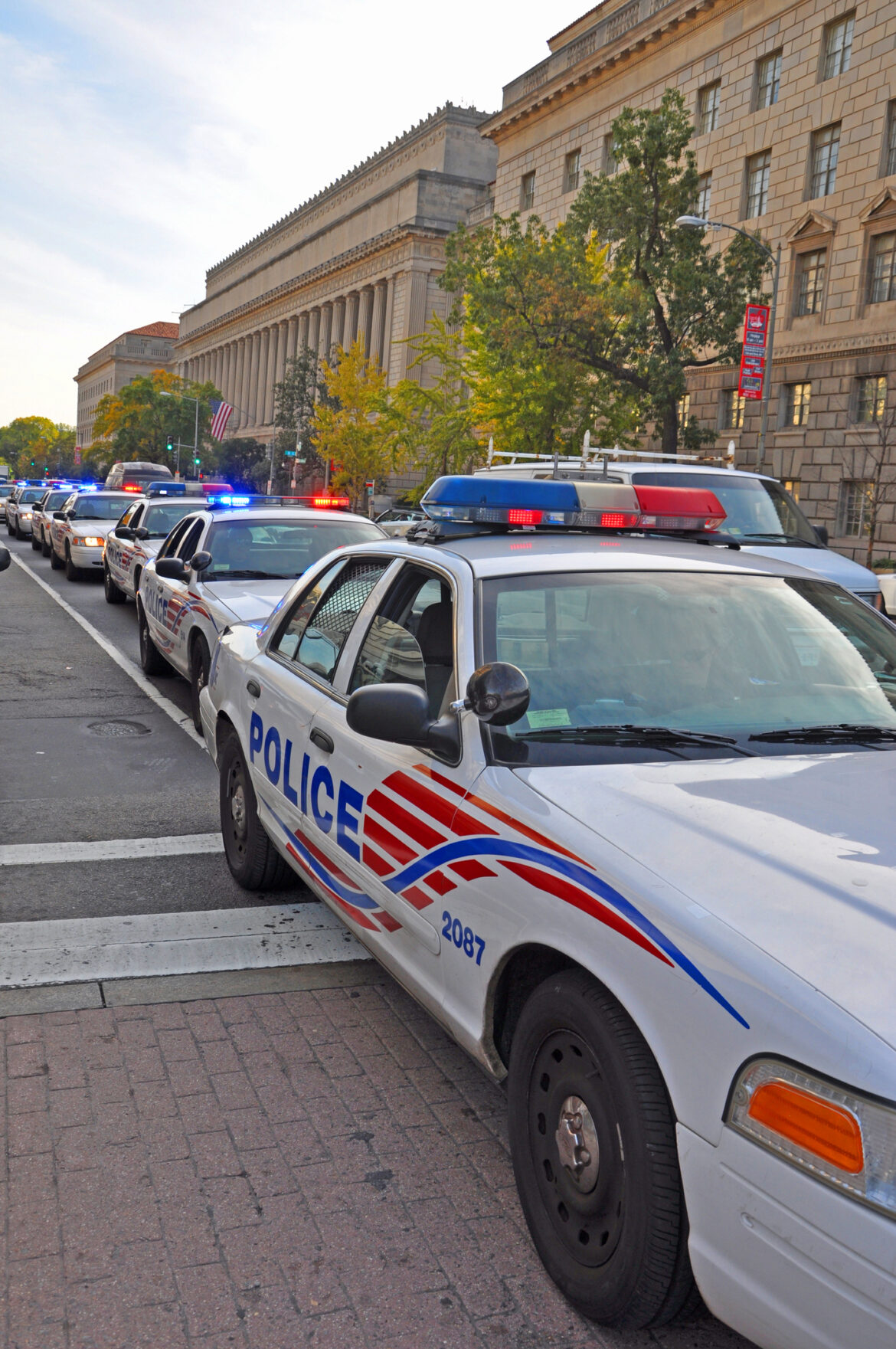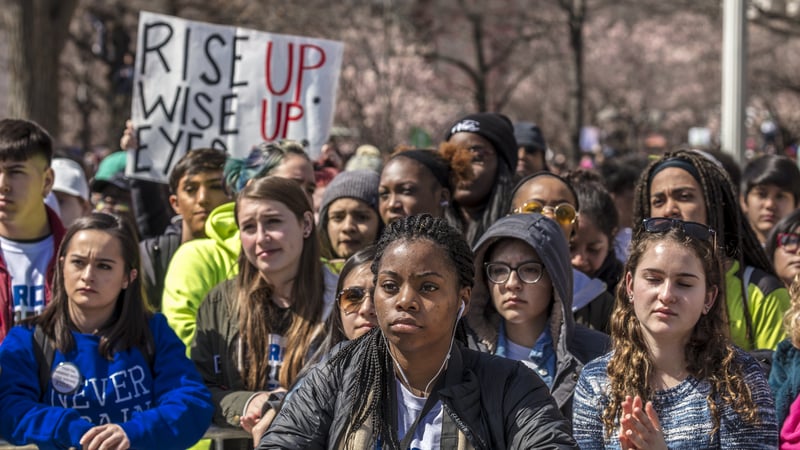Newark, NJ – A sweeping education shake-up could be on the horizon in Essex County if New Jersey voterrs elect Mikie Sherrill as governor in November.
In Sunday night’s debate against Jack Ciattarelli, Sherrill revealed that she would force the merger of all school districts in New Jersey into county districts like in her home state of Virginia.
She didn’t name names, but one possible scenario could be in Essex County.
That plan could consolidate school boards in towns like Maplewood, Belleville, and Bloomfield into Newark’s sprawling public school system called the Essex County Board of Education.
For Essex County, home to more than 20 separate districts, the potential change would be seismic.
The push for consolidation
New Jersey has long been known for its fragmented approach to local government and education. Each municipality typically controls its own school district, complete with elected boards, superintendents, and administrative staff. Essex County reflects this structure with suburban towns like Maplewood, Belleville, and Bloomfield running their schools independently from Newark, even as the communities sit just minutes apart.
Ad: Save every day with Amazon Deals: Check out today's daily deals on Amazon.
Jack Ciattarelli opposes Sherrill’s plan and said if any school districts wanted to consolidate, those actions would start with the local school boards, not a directive by the state under his leadership.
The result, critics argue, is duplication of services and widening disparities. Newark Public Schools, the state’s largest district, has more than 37,000 students and expansive infrastructure, while nearby towns operate much smaller systems. The difference in scale impacts everything from curriculum development to teacher recruitment and quality of education. It would also allow Sherrill to increase diversity and equity from Newark to other surrounding districts, and possibly even force other districts to send their children to schools in Newark.
What it would mean for Maplewood, Belleville, and Bloomfield
The suburban towns that border Newark could feel the effects most immediately. Each community has its own school culture and long history of local governance. A merger could mean shifting some decision-making power away from local boards and into a centralized structure tied to Newark.
Under such a model, curriculum could be standardized across merged districts, teacher contracts could be negotiated collectively, and resources like technology, special education, and extracurricular programs could be shared on a larger scale.
Suburban students could benefit from access to Newark’s larger programs, such as vocational training, magnet schools, and advanced placement offerings. There is also the potential for greater equity, with funding and facilities more evenly distributed.
But such a drastic move could weaken local identity and erode parental control. In Maplewood, for instance, parents have historically been heavily involved in shaping district culture. That influence could diminish under a larger governance structure at the county level, with the board’s seat of power possibly located within the city of Newark.
Historical precedent
New Jersey has debated municipal and school mergers before. In some cases, towns have opted to regionalize schools voluntarily to share costs. In Morris County, for example, several small towns pool resources to support a single high school district.
Essex County itself has a history of restructuring to chase state funding advantages. In past decades, towns reclassified themselves as “townships” to secure more favorable aid formulas. Education reform advocates say this history shows Essex is no stranger to adapting governance when funding is at stake.
A large-scale school board merger, however, would be unprecedented in scope, especially if it folded suburban districts into Newark’s urban system.
Fiscal and political pressures
The fiscal realities facing New Jersey schools may add urgency to the conversation. Districts across the state face rising pension costs, shrinking federal aid, and increasing demands for specialized services. By consolidating governance, the state could reduce administrative costs and redirect money toward instruction.
Politically, Sherrill’s Essex County alliances could give her the leverage needed to push such a reform. Her ties to County Executive Joe DiVincenzo and influential Newark leaders create a foundation for navigating the contentious local politics such a plan would spark.
Still, even with political support, merging school boards would face legal and logistical hurdles. Legislation may be required, collective bargaining agreements would need to be reconciled, and state education officials would have to oversee a massive realignment.
The road ahead
For now, the idea of Essex school board mergers remains a key part of Sherrill’s plan for New Jersey if elected.
Whether suburban towns like Maplewood, Belleville, and Bloomfield ultimately join forces with Newark’s public schools may depend on how quickly New Jersey decides it is ready for change.


























